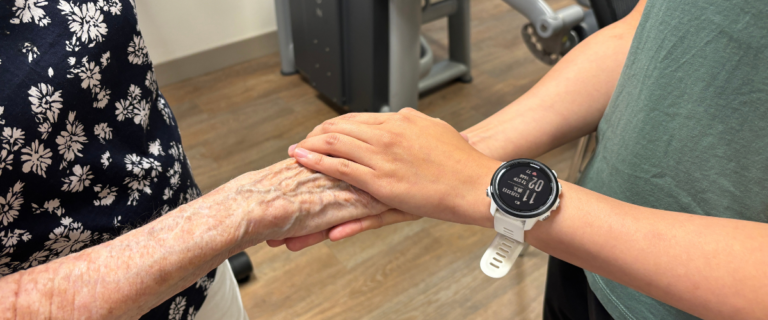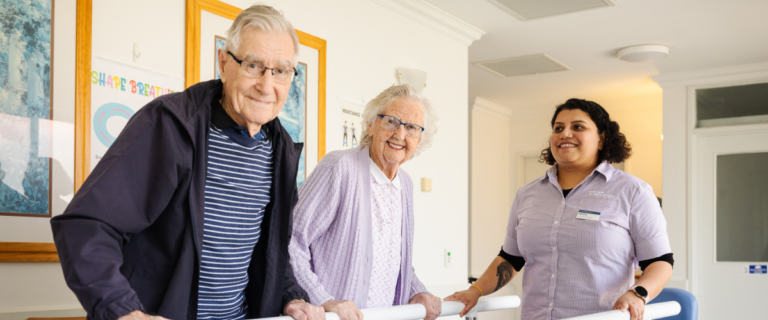By Denis Taaffe, Professor Exercise Gerontologist, Edith Cowan University
Normal ageing is characterized by a reduction in muscle mass and strength, which can compromise an older person’s functional performance, such as the ability to climb stairs or rise from a chair, independence, and quality of life. Moreover, the decline in muscle strength contributes to poorer balance, increasing the risk of falls and fracture. While normal biological ageing as well as changing lifestyle patterns are primarily responsible for this deterioration in muscle mass and function, the loss in muscle mass and strength can be reduced, and even reversed with appropriate training, even in the very old.
For nearly two decades now, resistance or strength training has been reliably shown to be a safe and effective method to enhance muscle strength and muscle mass in older adults. Importantly, this form of exercise is well tolerated and is associated with improvements in daily activities, such as walking speed and endurance, climbing stairs, and rising from a chair. Age is no barrier for undertaking strength training.
A qualified exercise professional, in consultation with your GP, will be able to develop an exercise program for your specific needs, taking into consideration your current level of fitness and your medical history. Generally speaking, any exercise session should be less than one hour, commencing with a warm-up and finishing with a cool-down of low-level activity and stretching which can also include some abdominal and lower back strengthening exercise. The sessions should be undertaken 1-3 days per week with approximately 48 hours between sessions, although it should be noted that substantial strength gains can be achieved even doing only one session per week.
Ideally, exercises are performed on strength training machines that use weight stacks or hydraulics as these provide the appropriate resistance to the target muscle groups, are safe, and the movements are not technically challenging and easily learned. As participants become more confident in their abilities, free weight exercises can be included. If exercise machines are not available, then elastic bands, ankle and wrist weights, body weight, and resistance applied by the trainer or a could be employed.
As the goal for many older people is to maintain independence and a good quality of life, resistance training activities should be incorporated into their weekly schedule. Some people might also enjoy joining small group exercise sessions, providing social interaction, motivation and a relaxed environment in which to enjoy exercising.
References
- Rogers MA, Evans WJ. Changes in skeletal muscle with aging: effects of exercise training. Exerc Sport Sci Rev 1993;21:65-102.
- Taaffe DR. Sarcopenia: exercise as a treatment strategy. Aust Fam Physician 2006;35:130-133.
- Fiatarone MA, Marks E, Ryan ND, Meredith CN, Lipsitz LA, Evans WJ. High-intensity strength training in nonagenarians: effects on skeletal muscle. JAMA 1990;263:3029-3034.
- Galvão DA, Taaffe DR. Resistance training for the older adult: manipulating training variables to enhance muscle strength. Strength Cond J 2005;27(3):48-54.





